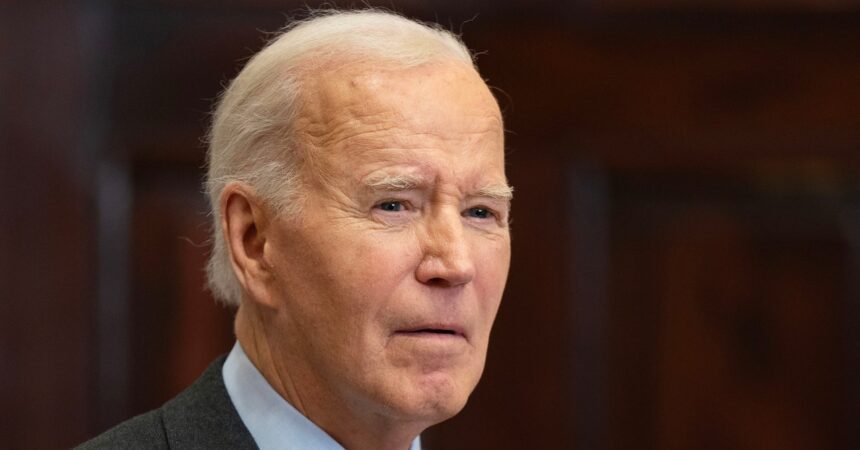Understanding the Biden Administration’s New Export Controls on AI Technology
In a significant move aimed at securing America’s leadership in artificial intelligence (AI) technology, the Biden administration has announced a new export control scheme known as the "AI Diffusion rule." This bold and controversial initiative reflects the increasing concerns over national security and the potential misuse of advanced technology by adversarial nations, particularly China.
What is the AI Diffusion Rule?
The AI Diffusion rule is designed to regulate the export of advanced AI silicon and algorithms, categorizing nations into two groups: those that have unhindered access to American AI technologies and those that require special licensing to obtain these advanced resources. The U.S. Commerce Secretary Gina Raimondo emphasized that, while the U.S. currently leads the world in AI development and chip design, it is crucial that this position is maintained against potential adversaries.
Trusted Nations
The list of trusted nations that will have relatively unrestricted access to advanced AI technology includes:
- United Kingdom
- Canada
- Australia
- Japan
- France
- Germany
- Belgium
- Denmark
- Finland
- Ireland
- Italy
- Netherlands
- New Zealand
- Norway
- Republic of Korea
- Spain
- Sweden
- Taiwan
For countries outside this trusted group but not subject to an arms embargo, companies will be able to import up to 1,700 of the latest AI chips without needing special permissions. Moreover, they will have the opportunity to apply for licenses for acquiring additional chips and advanced AI models.
Security and Compliance
To receive a license, companies will be required to demonstrate "adequate physical and cybersecurity" measures, ensuring that the technology cannot be easily misappropriated or misused. Notably, supply chain activities related to the design, manufacturing, and storage of chips will remain exempt from these controls. Furthermore, the ruling specifically does not extend to open-source AI models, like Meta’s Llama, which suggests a push to keep certain aspects of AI development accessible while still safeguarding more sensitive technologies.
Targeting Adversaries
Historically, nations such as China, Iran, and North Korea have been forbidden from obtaining advanced chips. The AI Diffusion rule now broadens this restriction, as it will be the first rule to limit their access to advanced AI models. This expansion raises questions about the implications for international collaboration in AI research and development.
Industry Reactions
The introduction of the AI Diffusion rule has already generated significant debate within the tech industry. Nvidia, the world’s leading manufacturer of AI chips, referred to the rule as “unprecedented and misguided” in a recent blog post. The company expressed concern that, while the rule is presented as an anti-China measure, it will do little to enhance U.S. security and might instead undermine the nation’s global competitiveness in AI innovation.
A Hit to Global Sales?
Critics of the rule argue that restricting access to AI technologies could stifle innovation and slow the growth of a critical industry during a pivotal time. The 120-day consultation period set forth by the rule implies that the incoming administration of Donald Trump, who is expected to take office soon, may seek to assess and potentially revise the requirements based on industry feedback.
Geopolitical Implications
The new export control measures signal a broader strategy in U.S. foreign policy that underscores technology as a battleground in the competition for global power. By enforcing these rules, the U.S. aims to secure its technological advancements while addressing the dual-use nature of AI and semiconductor technologies—they can be used for both commercial applications and military advancements.
Conclusion
As the Biden administration moves to solidify U.S. leadership in AI, the implications of the AI Diffusion rule extend far beyond mere regulations on chip exports. It presents a pivotal moment in the intersection of technology, national security, and international economics. The outcomes of the subsequent consultations and potential modifications may not only influence the technological capabilities of nations worldwide but also reshape the landscape of global AI development. As developments unfold, stakeholders in both tech and policy will be closely monitoring the impact of these changes in the months and years to come.








